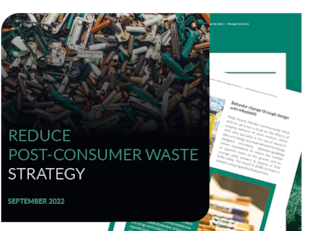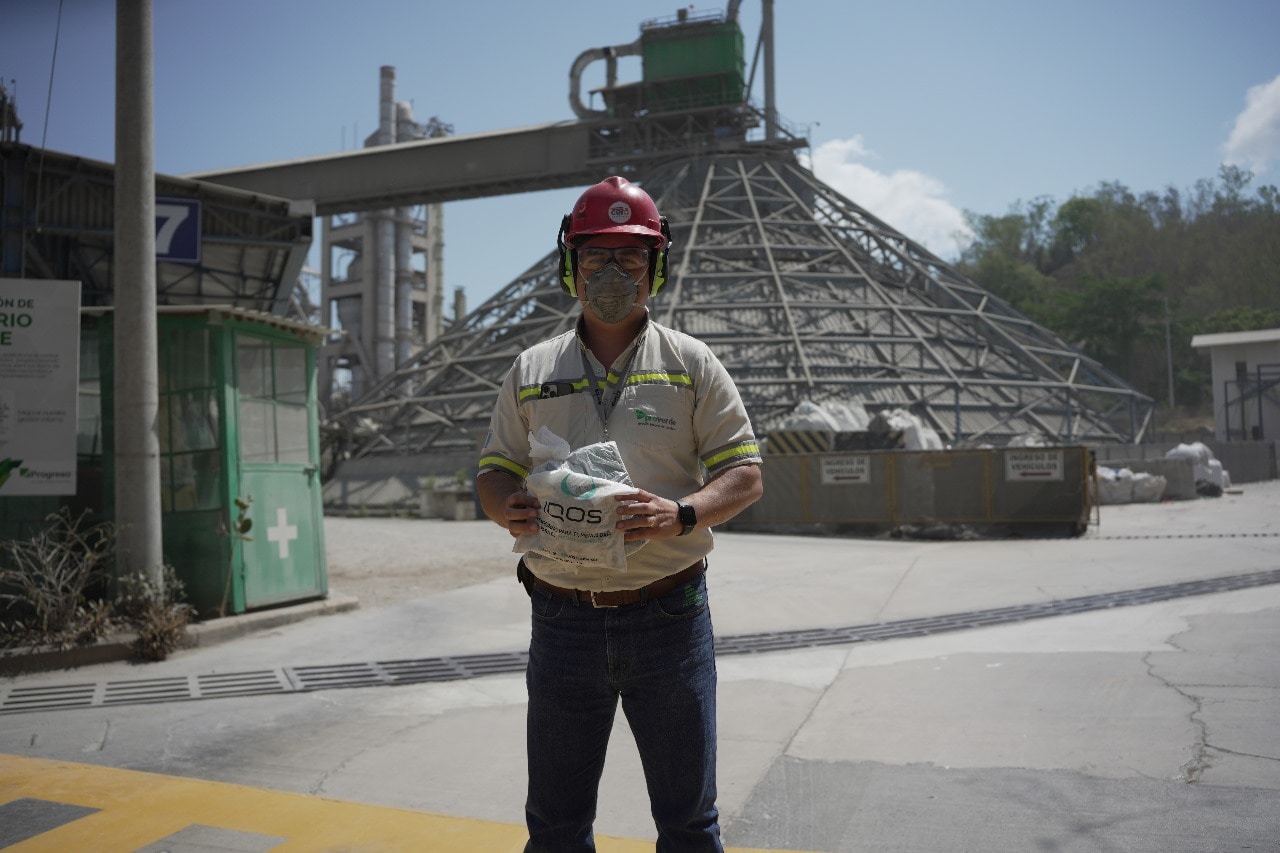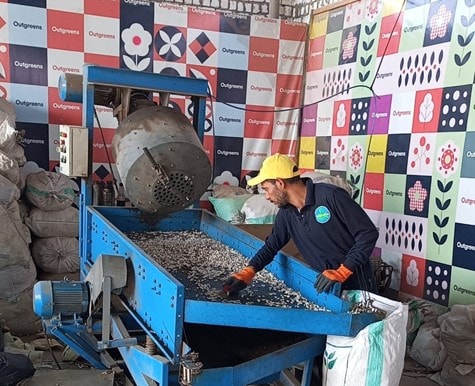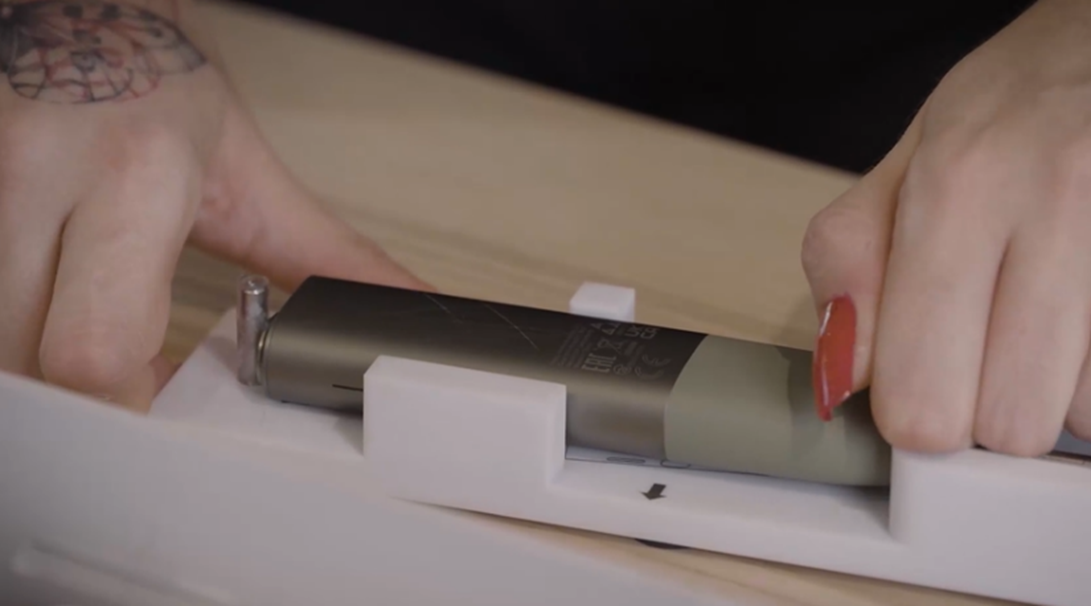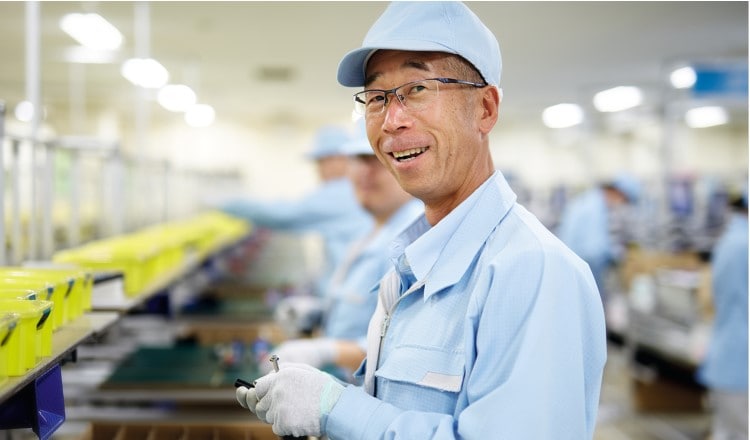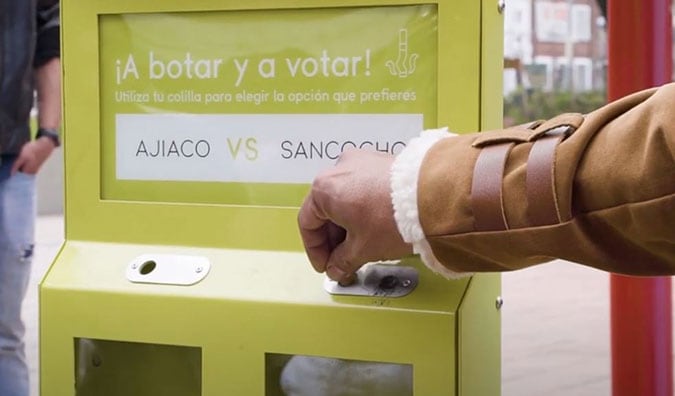Post-consumer waste management
Reducing and appropriately managing post-consumer waste means we can extract, convert, and use fewer raw materials from a planet with limited natural resources.
Embedding principles of circularity and eco-design, implementing effective post-consumer waste management solutions, addressing litter, and promoting responsible disposal of products at their end-of-life are key pillars of our post-consumer waste strategy.
Take a look at our strategy document to read about our 2025 aspirations, and how we’re working to achieve them.
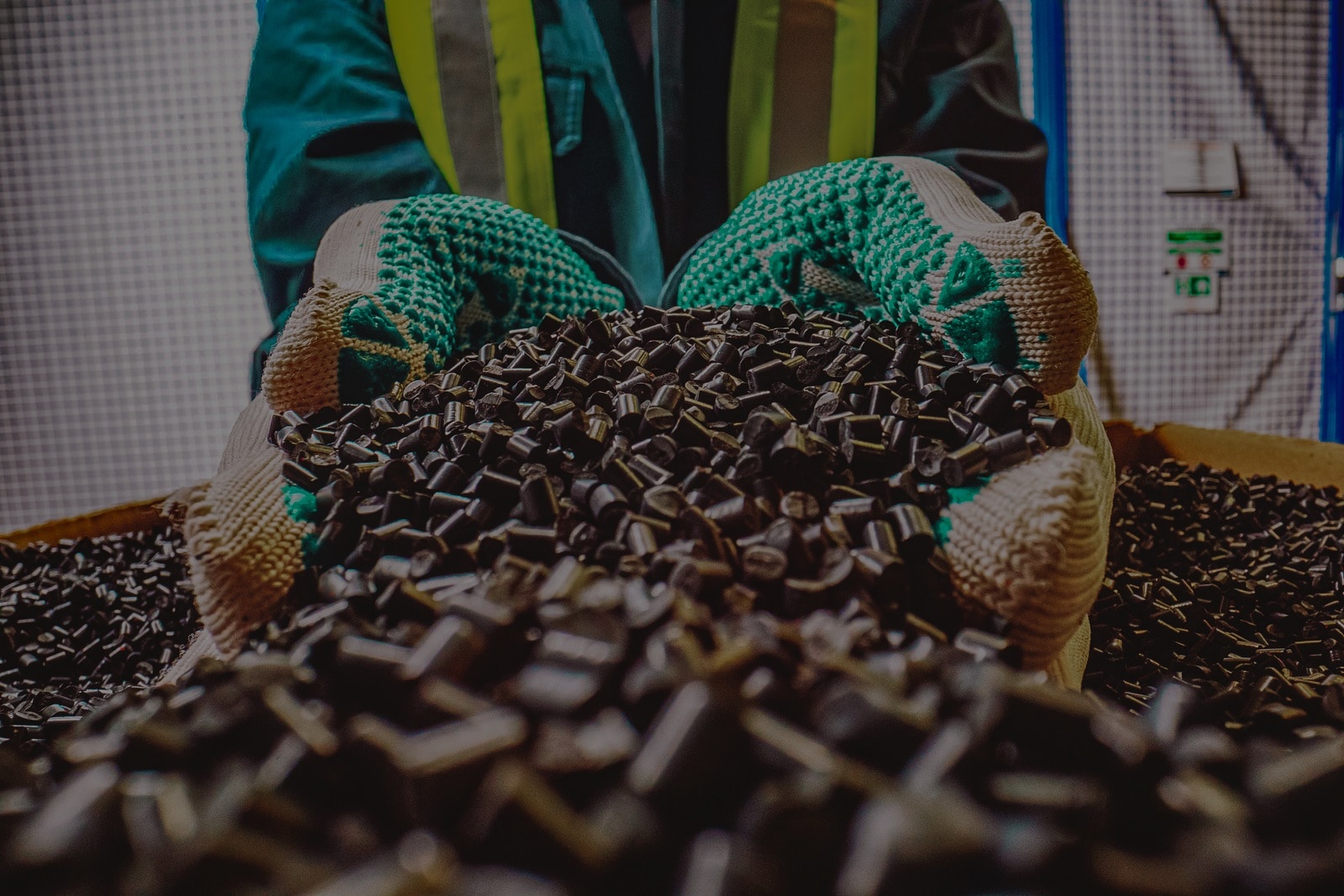
1
Packaging
Our aspiration is for 100 percent of our packaging formats to be designed for recyclability by the end of 2025.
2
Smoke-free electronic devices
Our aspiration is for 100 percent of our smoke-free electronic devices introduced on the market as of the end of 2025 to have eco-design certification.
Our aspiration is for 90 percent of our smoke-free electronic device sales volume to covered by the CIRCLE program.
Over one million of our smoke-free electronic devices have been refreshed or repaired (cumulative since 2021).
1
Packaging
Our aspiration is for 100 percent of our packaging formats to be designed for recyclability by the end of 2025.
2
Smoke-free electronic devices
Our aspiration is for 100 percent of our smoke-free electronic devices introduced on the market as of the end of 2025 to have eco-design certification.
Our aspiration is for 90 percent of our smoke-free electronic device sales volume to covered by the CIRCLE program.
Over one million of our smoke-free electronic devices have been refreshed or repaired (cumulative since 2021).
3
Cigarettes
Our aspiration is for at least 80 percent of our shipment volume to be covered by markets with anti-littering programs in place for combustible cigarettes by the end of 2025.
4
Smoke-free consumables
Our aspiration is for at least 80 percent of our shipment volume to be covered by markets with end-of-life take-back programs in place for smoke-free consumables by the end of 2025.
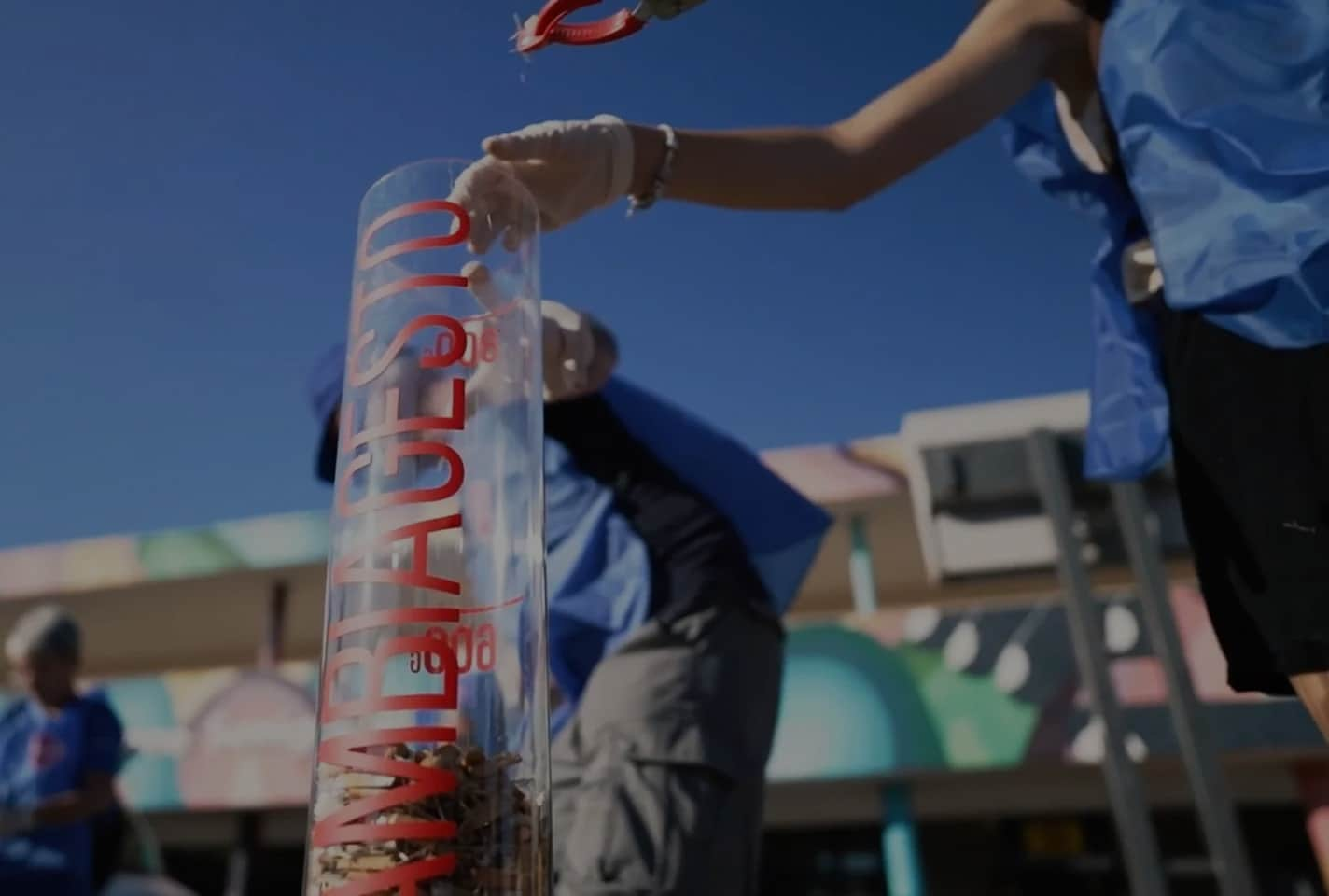
3
Cigarettes
Our aspiration is for at least 80 percent of our shipment volume to be covered by markets with anti-littering programs in place for combustible cigarettes by the end of 2025.
4
Smoke-free consumables
Our aspiration is for at least 80 percent of our shipment volume to be covered by markets with end-of-life take-back programs in place for smoke-free consumables by the end of 2025.
1
Packaging
Our aspiration is for 100 percent of our packaging formats to be designed for recyclability by the end of 2025.
2
Smoke-free electronic devices
Our aspiration is for 100 percent of our smoke-free electronic devices introduced on the market as of the end of 2025 to have eco-design certification.
Our aspiration is for 90 percent of our smoke-free electronic device sales volume to covered by the CIRCLE program.
Over one million of our smoke-free electronic devices have been refreshed or repaired (cumulative since 2021).
3
Cigarettes
Our aspiration is for at least 80 percent of our shipment volume to be covered by markets with anti-littering programs in place for combustible cigarettes by the end of 2025.
4
Smoke-free consumables
Our aspiration is for at least 80 percent of our shipment volume to be covered by markets with end-of-life take-back programs in place for smoke-free consumables by the end of 2025.

